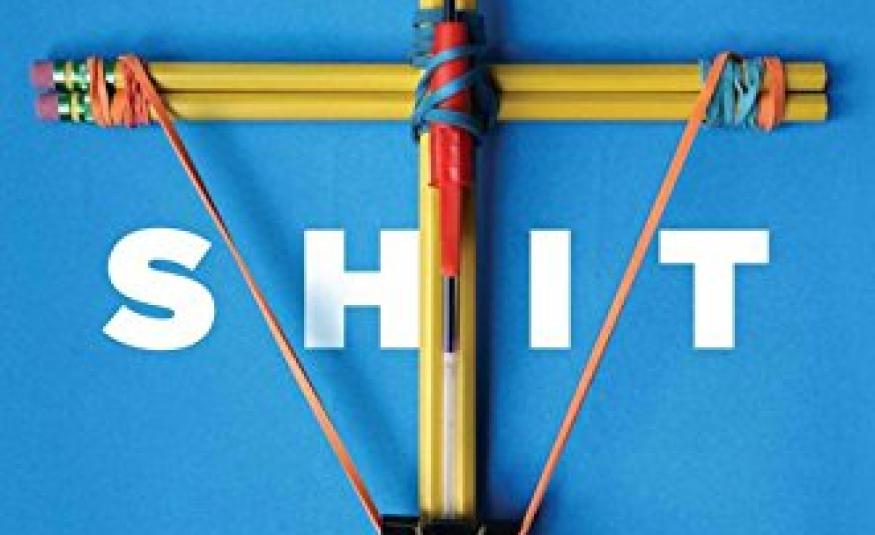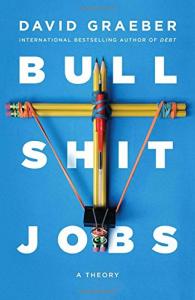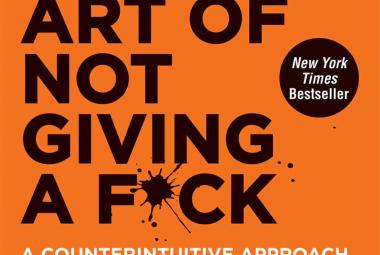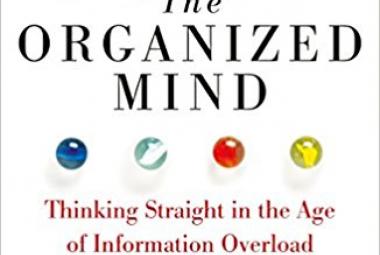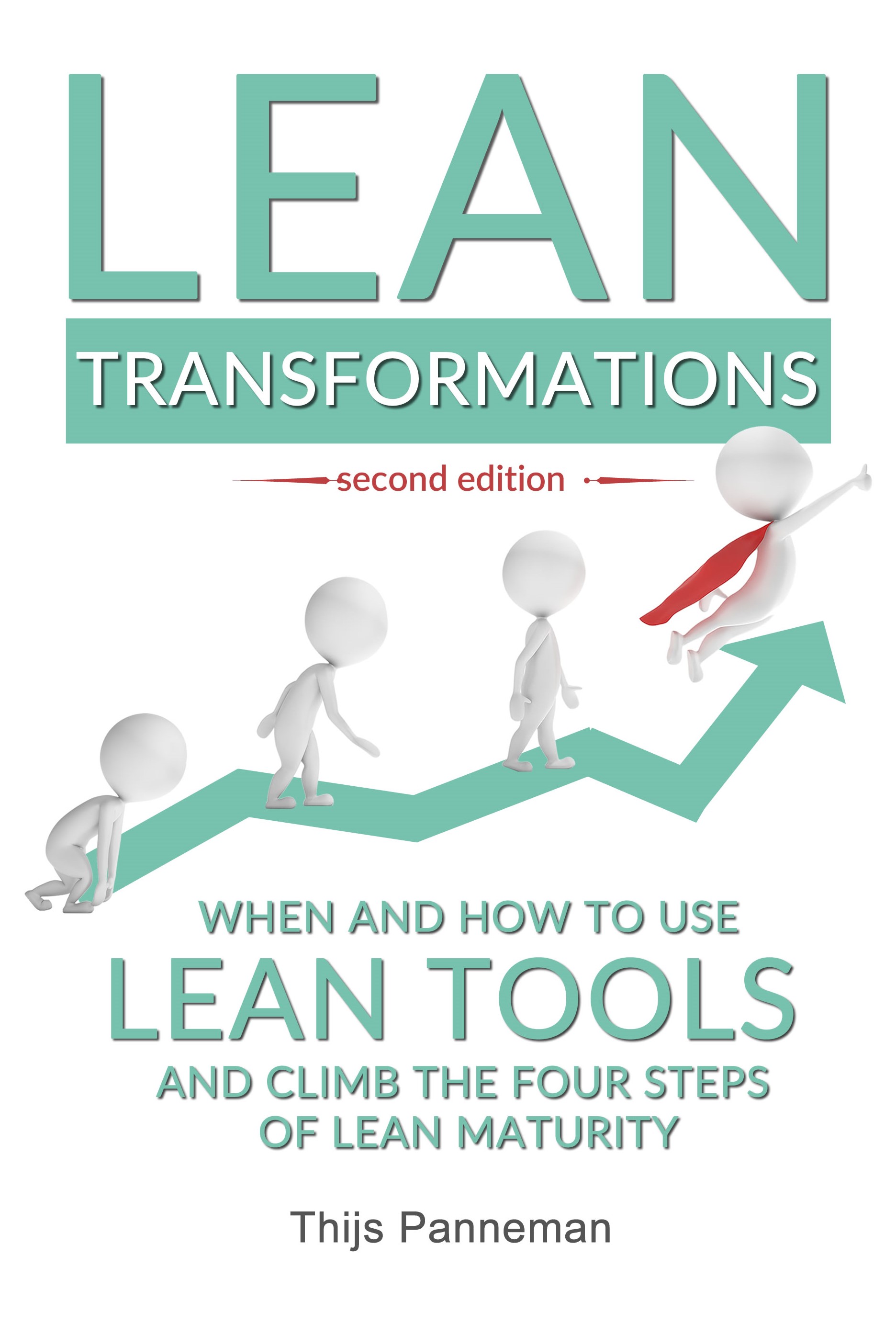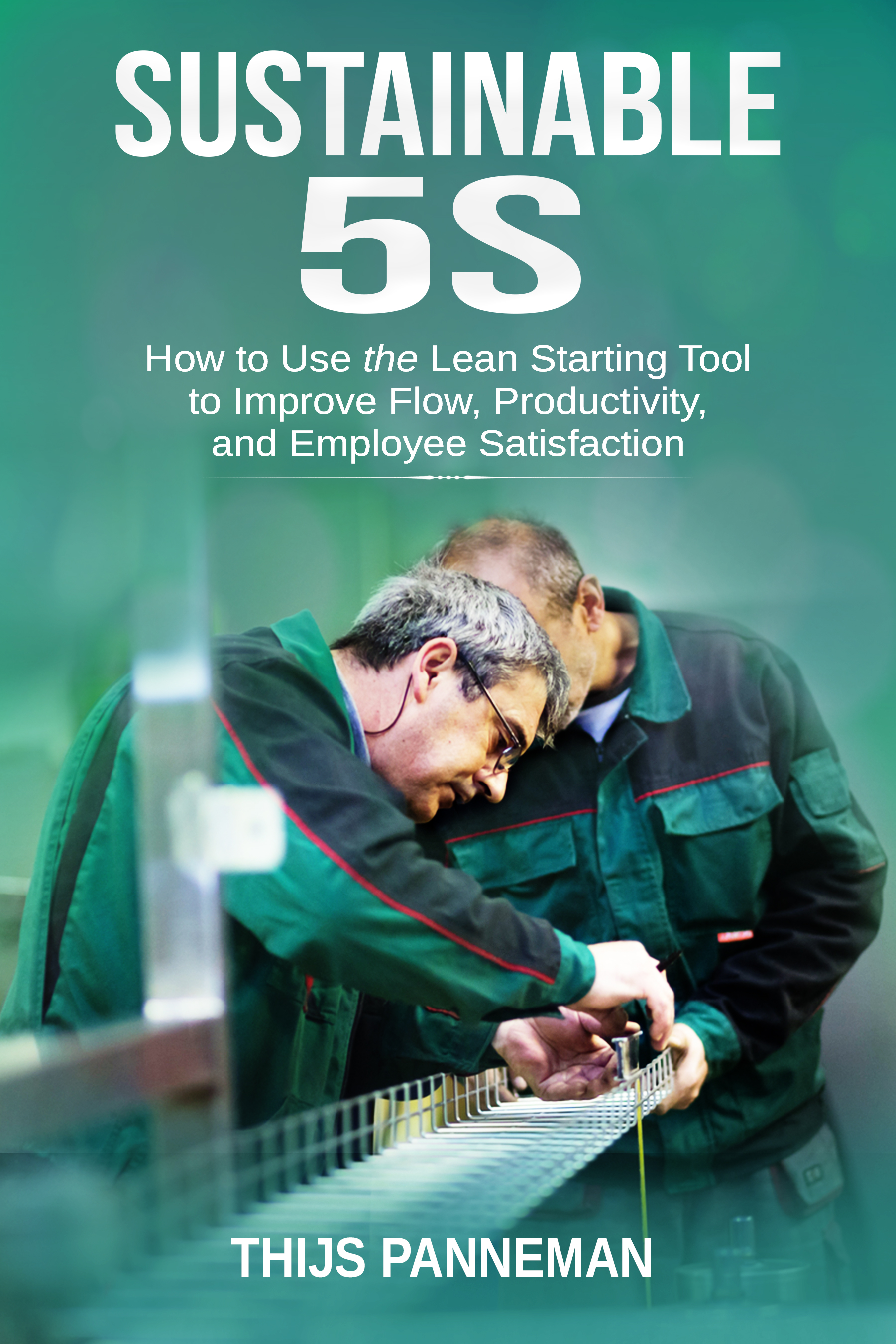In his book Bullshit Jobs - A Theory, David Graeber describes the interesting phenomenon that should not exist in a capitalist society: useless jobs. In 2013, Graeber wrote an article about these so-called bullshit jobs, which received so much attention that many people wrote their stories to him and investigated the phenomenon. Even in the Netherlands, surveys were conducted and 40% of the Dutch people found their own job to be useless.
In the first chapters of the book the author elaborates bit by bit THE DEFINITION OF A BULLSHIT JOB and comes to the following conclusion: a Bullshit job is paid work that meets two conditions. Firstly, it is so completely useless and unnecessary work is that even the employee himself cannot justify its existence. Secondly, as part of the work relationship, the employee and his or her colleagues, even though they feel their job is bullshit, act as if it is important what they do.
In general, the consensus is that people who have a bullshit job feel useless and lack the feeling of doing something useful with their lives. However, 18% of people who say they have a bullshit job indicate that they are happy with it. The idea of the book is that if the bullshit job disappeared, nobody in the world would notice it.
An important observation of current jobs is that it seems that the more important your job is, the less you earn. Cleaners, nurses, teachers ... if these jobs were to disappear, we would really have a big problem, but these people earn the lowest salaries. And what would the world look like without Investment Bankers, CEOs and corporate lawyers? It is these last, high-paid positions that fall quicker into the bullshit job category.
Based on the many reactions that Graeber received to his article, he distinguishes 5 DIFFERENT TYPES OF BULLSHIT JOBS, which encourage the reader to think about what we as Western society pay people for.
The Flunkies are jobs created to make their superiors feel important. A reputable company has a receptionist, so we also have 1, despite the fact that there is actually no work for that person. That's why we all constantly think about what this person can do all day long. Personal assistants always do well, because you yourself seem very important if you do not answer your phone yourself. The greater your span of control as a manager, the more important you are.
The Goons describes the people who do work that actually only exists because others do it too. Examples are the army, Public Relations functions and marketing departments. As the EU, we have to rebuild our army because other regions have it, and a company must do marketing because otherwise the competitor will have an advantage because they do marketing. The world would not end if the marketing manager position ceased to exist and we were not seeing advertising every day that encourages us to sell products that have no impact on the quality of our lives.
The Duct tapers are the jobs that exist because the product or process is not well designed so that people are solving issues. Software developers who need to continuously update code, and customer service jobs that constantly have to apologize on behalf of their company for not delivering the promised service are examples of this.
Then there are the Box tickers. This group includes the jobs needed to prove that an organization is doing something. The best example of this type of work came from a lady who worked for an NGO supported by a large company. The large company then wanted to have many progress reports to show that they believe that supporting charities is important and that they supported this charity. In the meantime, instead of going to the real project, the money was used to manage people who had to create all those reports.
This category of jobs includes shifting paperwork, especially in governments and the insurance industry. Entitlement to benefits, allowances, payments of claims, thousands of people have a job designing forms for these kind of services: checking, awarding money, talking to people who ultimately do not receive money, and there are even entire companies that make money by coaching people how to fill out all those forms.
Finally, there are the Taskmasters, middle management that is good at redistributing and even creating useless tasks for others, or in its most extreme form: creating more useless functions. Many types of project managers, consultants, coaches and middle management positions can fall into this category.
In the second half of the book, Graeber describes a piece of the history of CAPITALISM and the author appears to be an advocate for THE BASIC INCOME. A number of great points are discussed there.
The first is that capitalism by definition should not have bullshit jobs. If the free market tries to offer services and products as cheaply as possible, no business owner should allow bullshit jobs, right? But why do so many people label their own work as meaningless?
A second subject is that before the industrial revolution around 1700 people saw work and time very differently. Time was described by activities instead of the other way around. And people were responsible for doing a task, not for serving 8 hours at the office. A large part of the bullshit jobs could disappear if we could break this thinking about the capitalist "the boss is the owner of your working time" thinking.
Graeber also writes that a portion of Communist ideology in which the state plays a greater role in distributing work, food, objects could make a large part of the bullshit jobs disappear. If everyone is entitled to a basic income, we can cut off half of the bureaucracy jobs and immediately give those people a basic income. Opponents of this state that many people no longer contribute to society and would only drink beer on the couch. But if 40% of people do useless work nowadays anyway, would it still matter if a big proportion of people choose not to do anything with their lives when they receive a basic income?
Finally, Graeber writes about the further INDUSTRIALIZATION OF PRODUCTION and how this relates to his proposal for a basic income. Keynes wrote in 1930 that he expected that the average working week of people would have been reduced by 15 hours before the end of the century. Instead of reducing the number of working hours, we have increased the bullshit of our jobs because our capitalist thinking is that we have to work for our money.
One of the reasons that we have to work for our money, is that the growth in productivity does not make everyone richer, but only the owners of the company. If a factory were owned by all its employees, the automation could lead to the release of all people, but with an income retention. In fact, Graeber describes here again his preference for a more socialist system in which all benefits go to the state, which in turn pays all citizens a basic income. Most people slowly end up in bullshit jobs as long as the revenue from all automated processes only go to the richest 1%.
What appeals to me is that the book has made me realize that it would not really make a difference if say 10% of humanity decides not to do anything with their lives if that basic income comes, because 40% of the workers already think their work is useless anyway. After all, the vast majority of people would do valuable work with their time: a job in the care sector instead of production work, in which people can take care of their parents, their children, the sick and those in need of help without having difficulty in paying their bills. And as a Lean expert, I am sure we all stop adding all non-value activities at work.
Continue to:
The One Thing - .G.Keller & J.Papasan (summary)
BRON:
Graeber, D., 2018, Bullshit Jobs – A Theory, London: Simon & Schuster (order this book)

